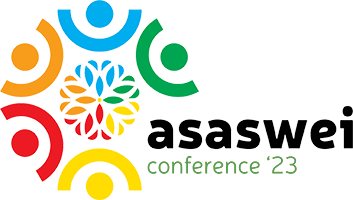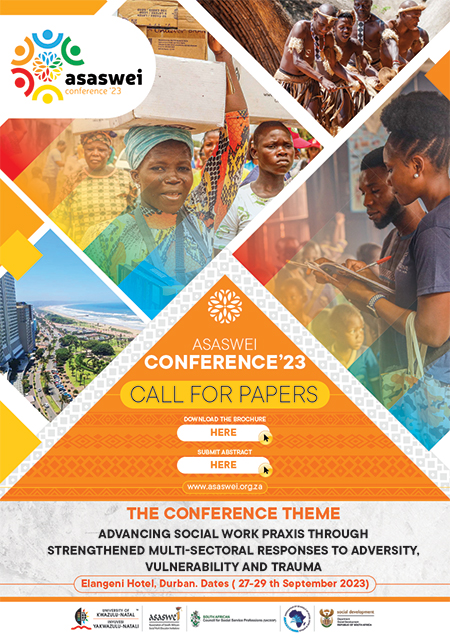The View page displays a submission's general information and data. Watch video
Submission information
Submission Number: 146
Submission ID: 233
Submission UUID: 6014aad8-8060-40a9-aeb6-7f42caa4badd
Submission URI: /2023/abstracts
Created: Mon, 07/24/2023 - 21:02
Completed: Mon, 07/24/2023 - 21:25
Changed: Fri, 08/11/2023 - 15:46
Remote IP address: 197.185.109.39
Submitted by: Anonymous
Language: English
Is draft: No
Current page: Complete
Webform: Abstract
Presenters
Dr.
Dube
Nkosiyazi
University of the Witwatersrand
Nkosiyazi Dube is a CARTA and Mellon scholar who holds a BSW, MA (Social Development), and a DPhil (Wits). Dube is a Lecturer in the Department of Social Work in the School of Human and Community Development at the University of the Witwatersrand. Dr. Dube’s teaching and research interests are Health and Social Development, Children and HIV & AIDS, Poverty and Development, Children in Alternative Care, Formal and Informal Social Security, Social Networks, and Health Promotion. He is registered with the South African Council for Social Service Professions (SACSSP).
No
Abstract
CONTRIBUTIONS OF INFORMAL SOCIAL SECURITY TO THE NEEDS OF THEIR MEMBERS. A QUALITATIVE STUDY ON STOKVELS IN SOWETO - JOHANNESBURG
THEME 2: Building sustainable, resilient, and self-reliant communities through indigenous modalities, inter-sectoral collaborations, and partnerships
SUB 2.1 Supporting families in mitigating vulnerabilities
Oral Presentation
Stokvels, globally known as rotating savings and credit associations (ROSCAs), remain a major form of social protection for the poor within the South African context. The continued existence of stokvels is a reflection of the absence of a comprehensive formal social security system. However, stokvels have not been given adequate attention despite their contributions in protecting their members from diverse adversities. This empirical presentation, based on one of the objectives of my PhD, discusses the contributions of stokvels to the social protection of their members. Findings revealed that stokvels addressed income insecurity, provided for children’s educational needs, provided access to health promotion, and enhanced access to a broader social capital base of their members.
Reviewer ONE Feedback
Dr
Jimmy
Budeli
Yes
Empirical Research
Accepted
Reviewer TWO Feedback
Dr
Issie
Jacobs
Yes
Empirical Research
Accepted

